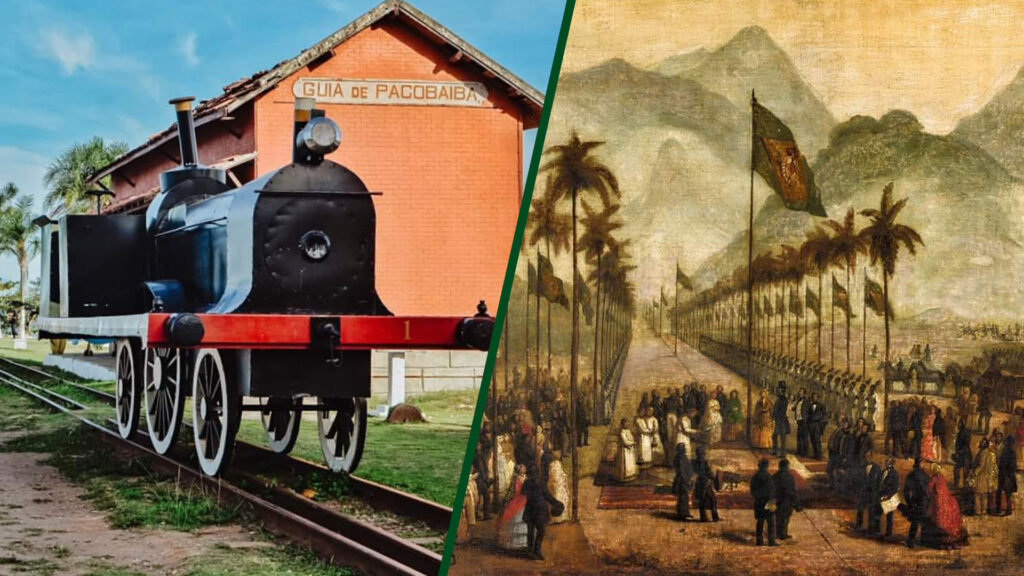
The First Railroad in Brazil
The Mauá Railroad, officially known as the Imperial Steam Navigation and Petrópolis Railroad Company, was the first railway established in Brazil and the third in South America. It was built in 1854 by Irineu Evangelista de Sousa, Baron of Mauá. Initially, it connected the Port of Mauá to Fragoso, in
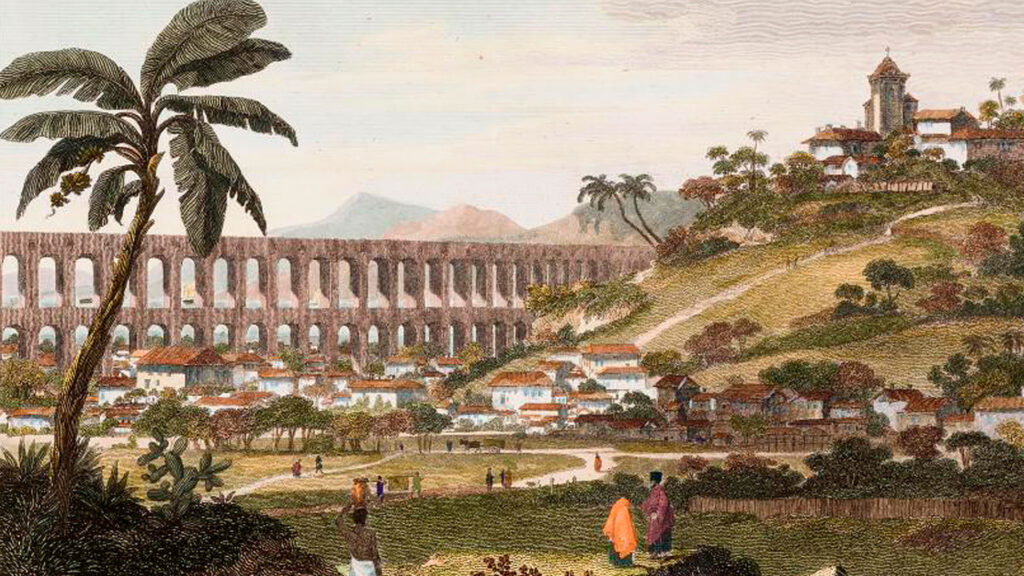
Today in Brazil: Rio de Janeiro becomes the capital of the Viceroyalty of Brazil
On August 31, 1763, Rio de Janeiro became the capital of Brazil, replacing Salvador. This capital status was maintained until 1960 when Brasília assumed the role of the government’s headquarters.
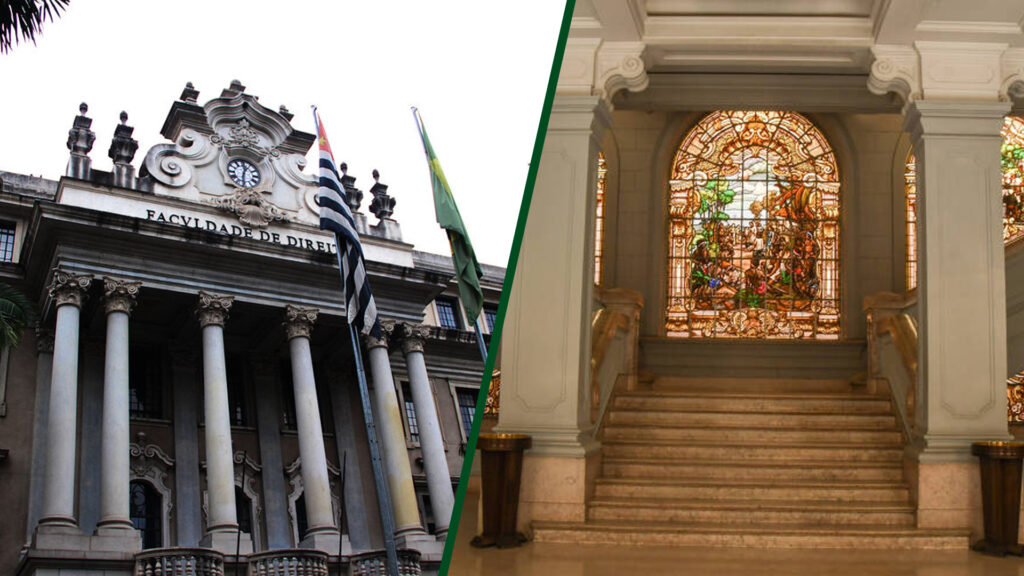
The Historical Building of the Law School of the University of São Paulo
The oldest institution of its kind in Brazil, alongside the Law School of Recife, owes its origins to an imperial decree signed in 1827. The original building, in a Baroque style, was inaugurated on September 17, 1647.
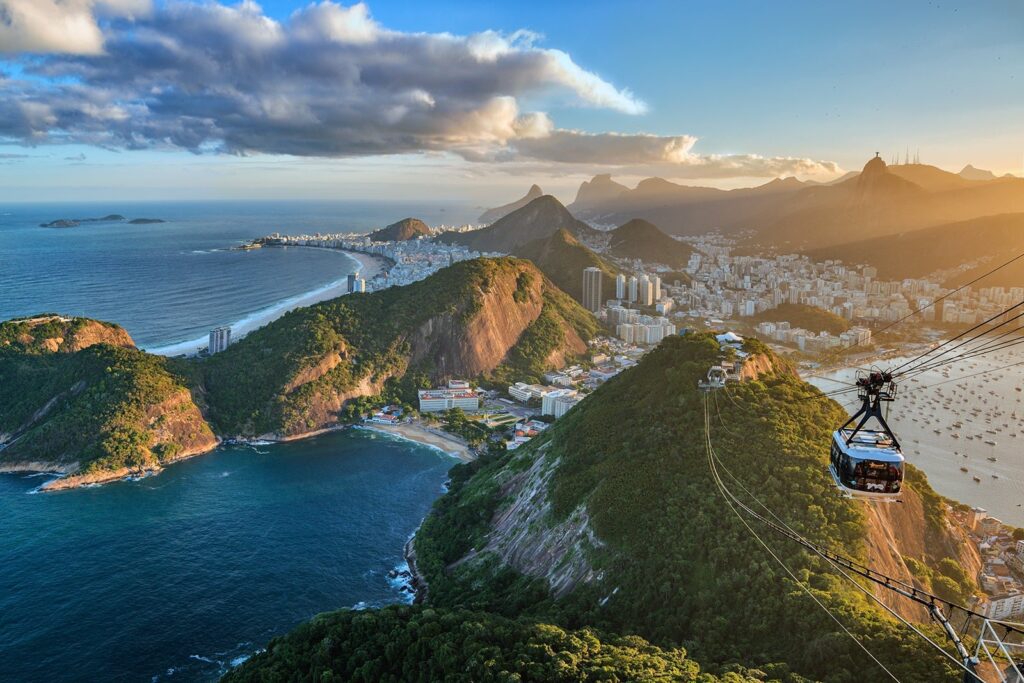
Is Rio de Janeiro the capital of Brazil?
Rio de Janeiro, despite being known for its culture, landscapes, and rich history, is no longer the capital of Brazil. The change in capital reflects the evolution of the Brazilian nation throughout its history.
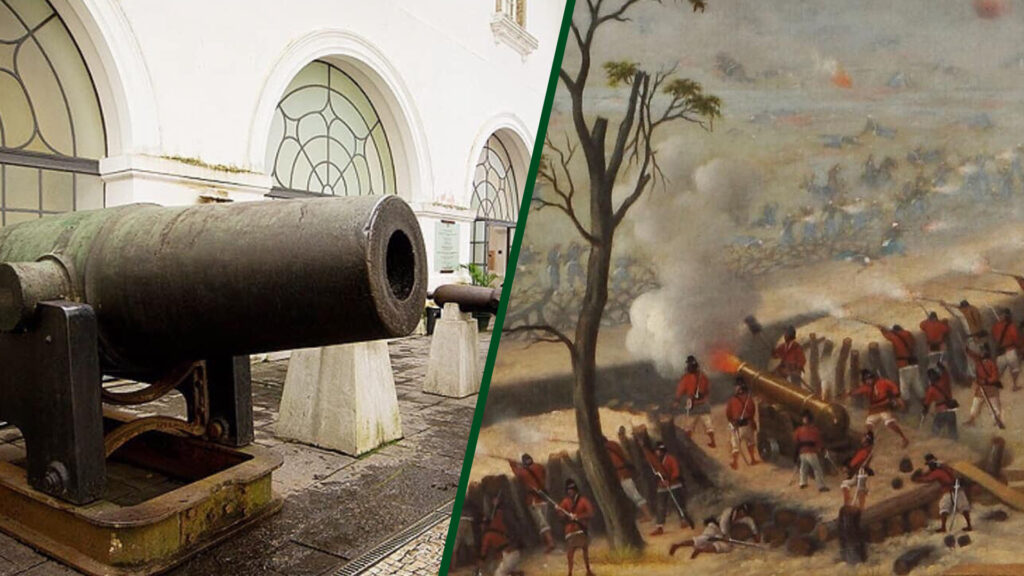
The paraguayan cannon “El Cristiano”
The War of Paraguay, which took place between 1864 and 1870, was one of the most brutal wars in the history of South America. It involved the Triple Alliance, composed of Argentina, Brazil, and Uruguay, against Paraguay. Brazil entered the war due to the seizure of the ship Marquês de
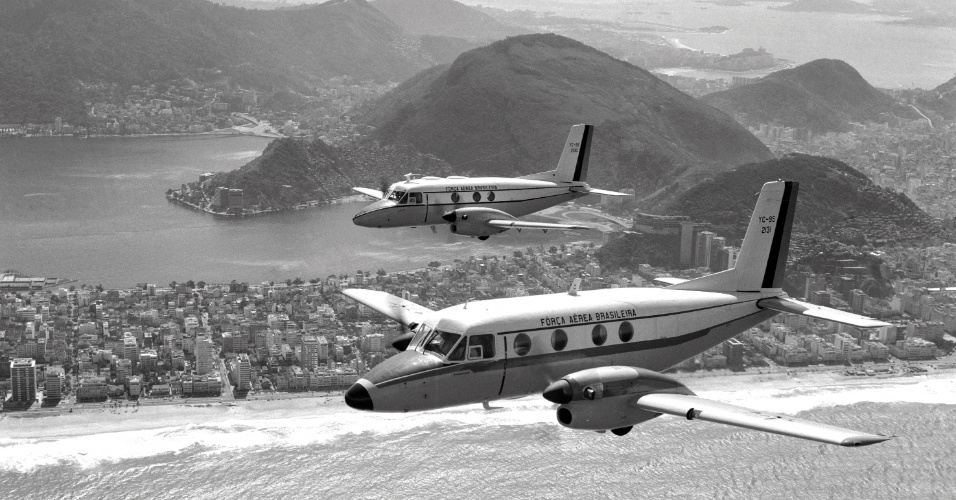
Today in Brazil: Embraer was founded
On August 19, 1969, the establishment of Embraer (Brazilian Aeronautics Company) took place. The organization emerged as part of a Brazilian government initiative within a pivotal plan to establish the national aeronautics industry. Initially, it was structured as a mixed-economy entity under the Ministry of Aeronautics.
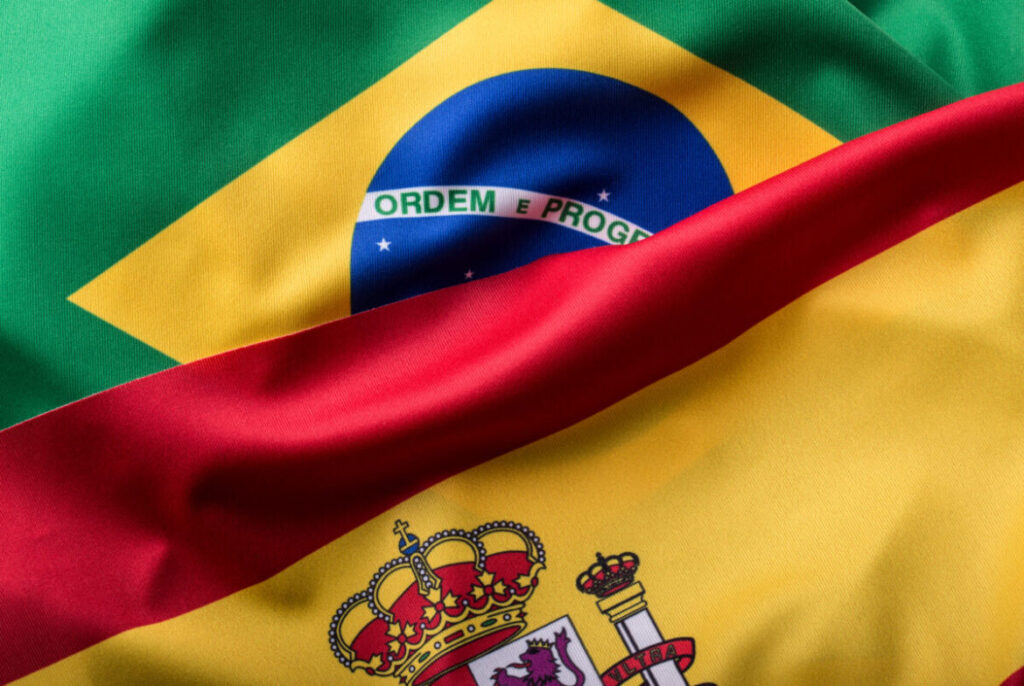
Is Spanish spoken in Brazil?
Brazil has Portuguese as its official language, albeit with some variations from European Portuguese. However, due to its vast territorial expanse and history of colonization, several different languages are spoken throughout the country, either as a primary or secondary language.
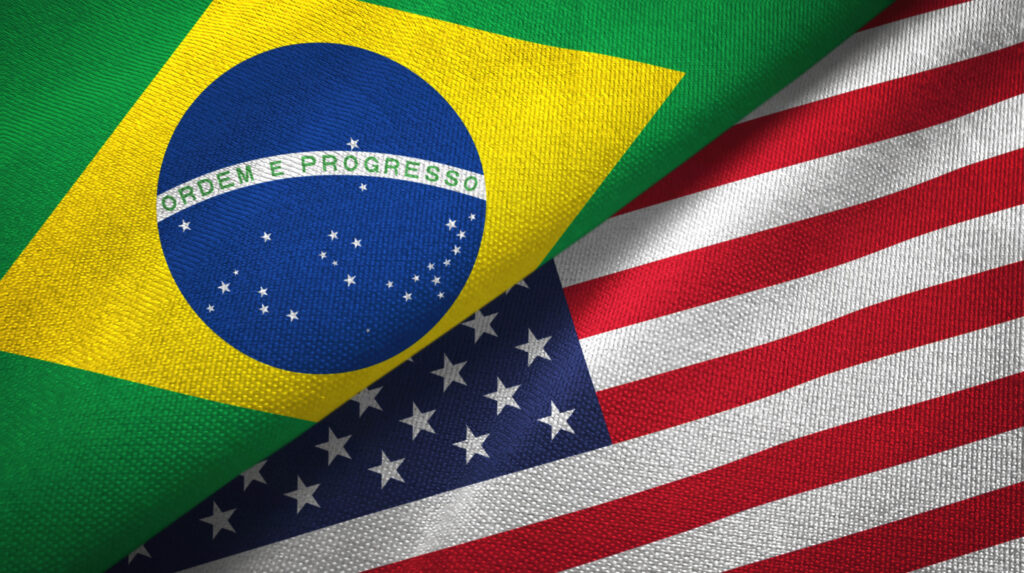
Is English spoken in Brazil?
A recent study by the British Council revealed that only 1% of the Brazilian population speaks English fluently, while 5% have an intermediate level. This raises concerns, given that English is the official language of global business, and many leadership positions require proficiency in the language.
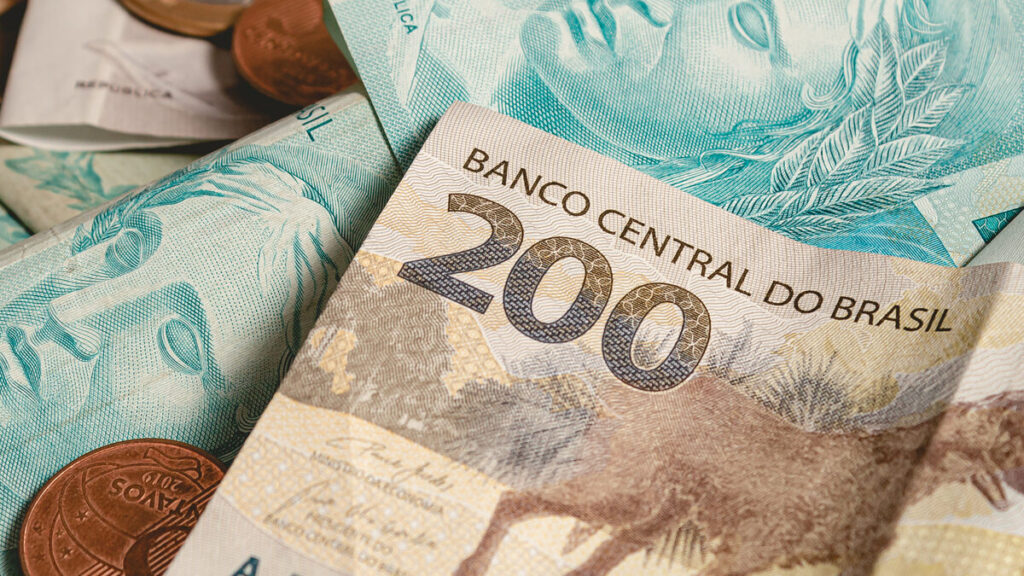
What is the currency used in Brazil?
The Real is the currency of Brazil and is represented by the symbol “R$” and the international code “BRL.” The currency is divided into cents, and both notes and coins come in various denominations. The most common notes include R$ 2, R$ 5, R$ 10, R$ 20, R$ 50, R$
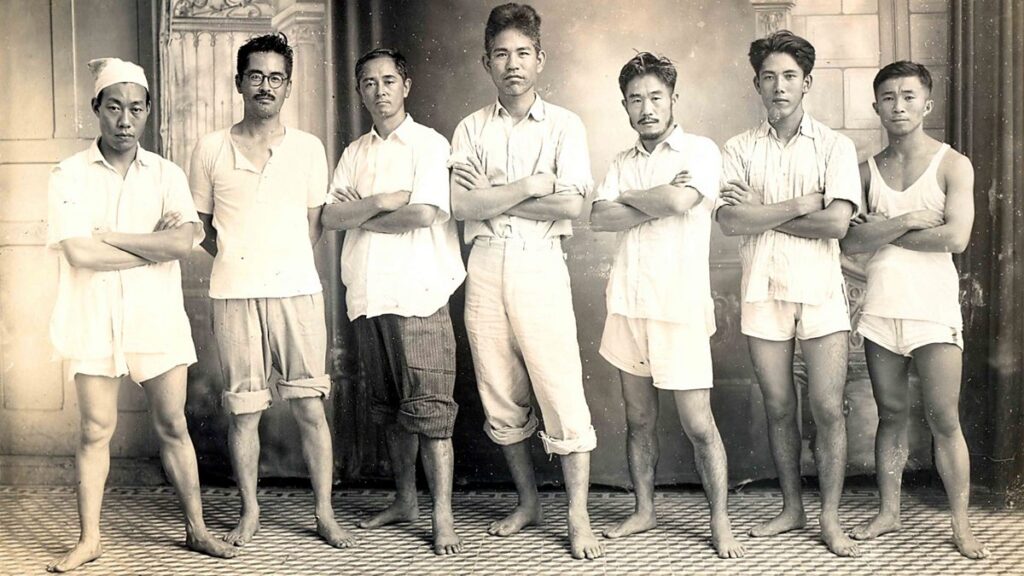
Shindo Renmei in Brazil: War and Terror
In the midst of the tumultuous 1940s, Brazil unexpectedly became the stage for an obscure yet impactful narrative – the rise and fall of the Shindo Renmei organization. Against the backdrop of World War II, this Japanese nationalist group etched an intriguing tale into Brazil’s cultural fabric, unearthing the intricate
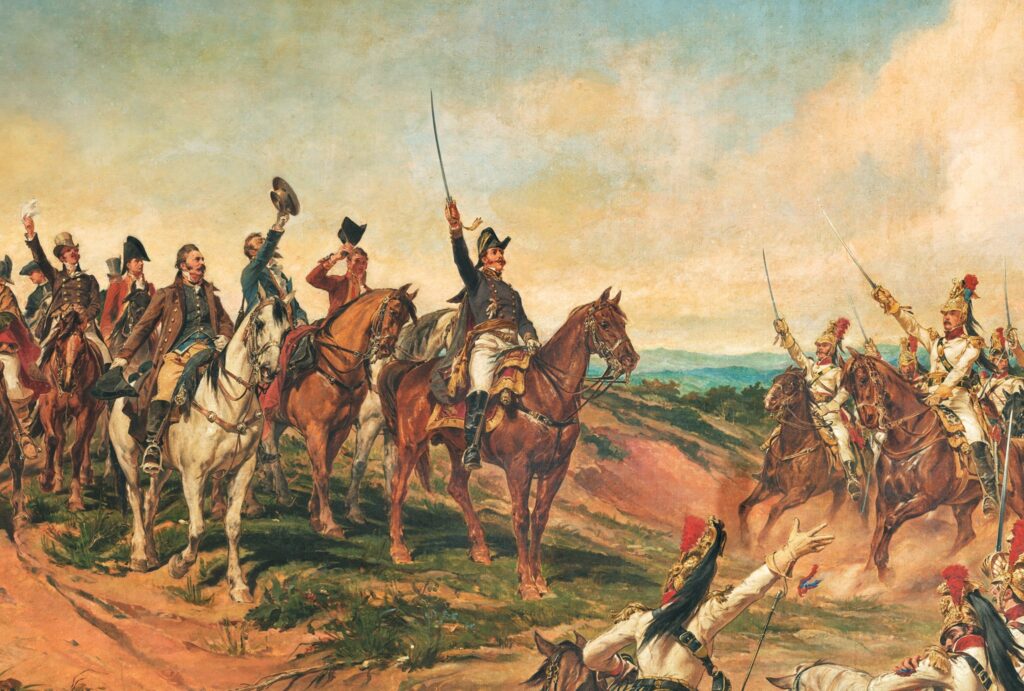
The painting “Independence or Death” by Pedro Américo
In 1886, during the final years of the Monarchy, the painter from Paraíba, Pedro Américo, was commissioned by the imperial government to create a painting depicting the events that led to the foundation of the Brazilian Empire by Emperor Dom Pedro I in 1822.
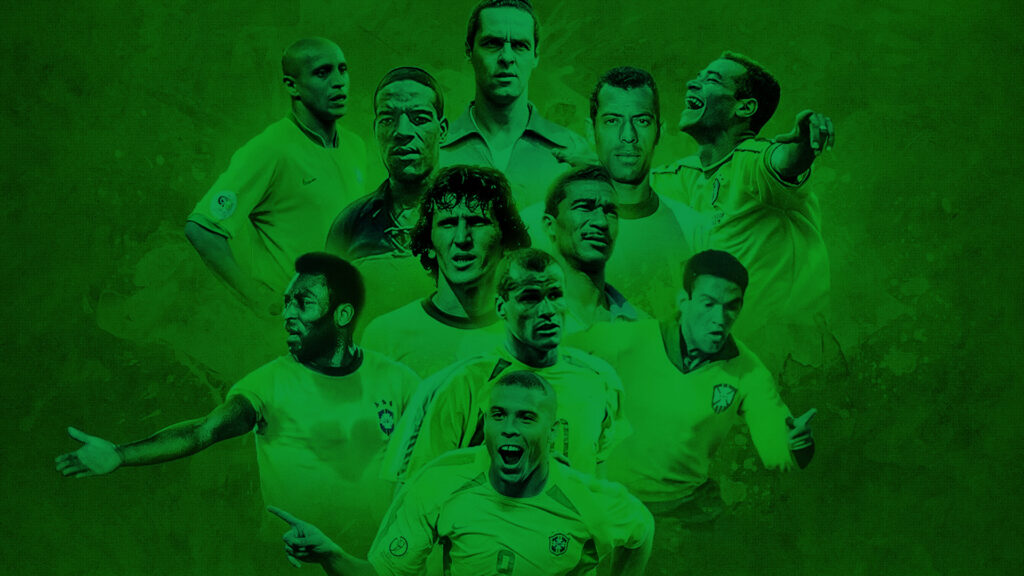
Why Brazil is so good at football?
Football is more than just a sport in Brazil – it’s a passion deeply rooted in the culture and hearts of millions of Brazilians. Brazil’s history on the football scene is marked by successes, trophies, and legendary talents that have captivated the world. But what makes Brazil so good at
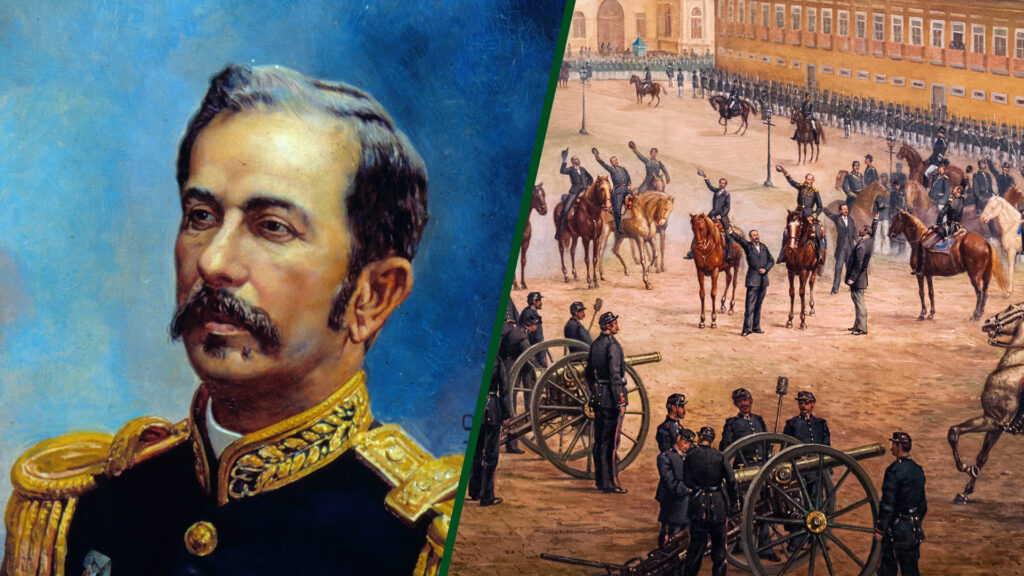
Floriano Peixoto and the Fall of the Brazilian Monarchy
The last cabinet of the Brazilian Empire appointed Floriano Peixoto (1839-1895), a distinguished soldier and veteran of the Paraguayan War, to the position of army adjutant-general. He was originally from Alagoas and had a strong association with the Liberal Party. Like Deodoro, he had participated extensively in the campaign against
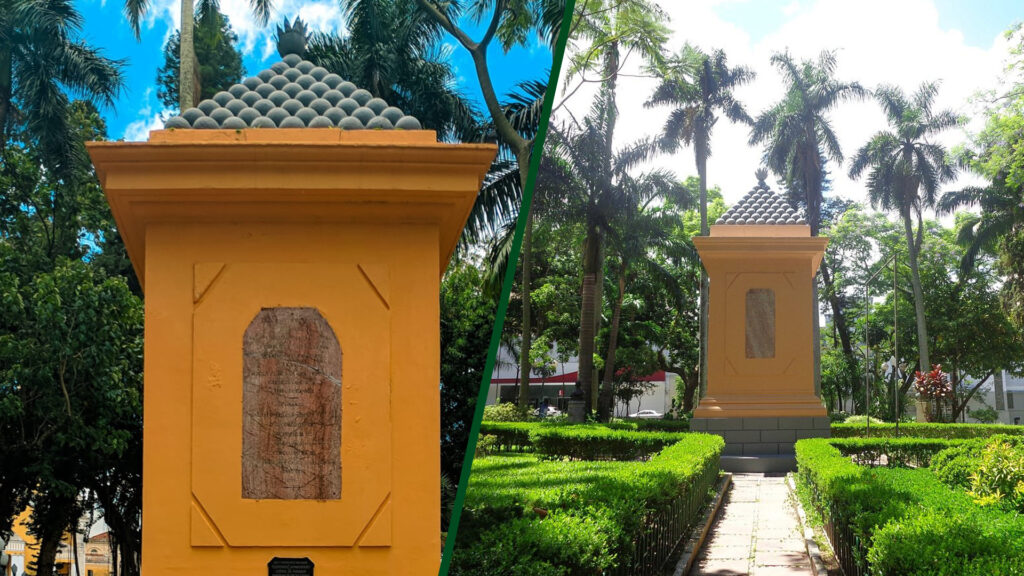
A monument in Florianópolis in honor of those who died in the Paraguayan War
The monument in honor of the Santa Catarina people who died in the Paraguayan War was inaugurated in 1876 at Praça XV in the city of Florianópolis, the capital of the state of Santa Catarina. The work was intended to be named the “Commemorative Column,” but it became known as
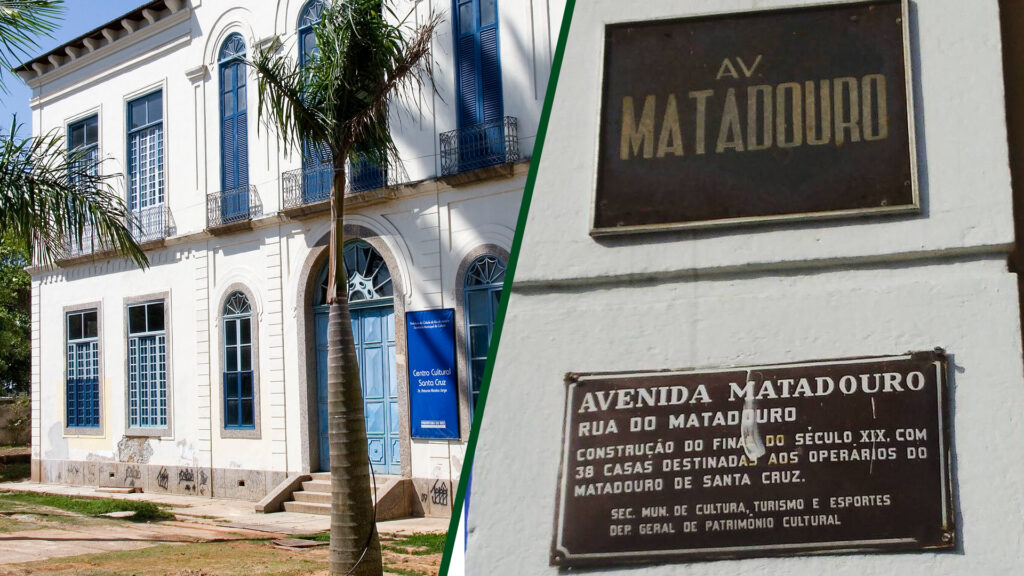
The Evolution of the Cityscape: From Slaughterhouse to Cultural Heritage
Throughout history, cities have undergone transformational changes, shedding old practices and embracing new ones. The city of Rio de Janeiro, with its rich tapestry of memories, is no exception to this phenomenon. Within its boundaries lie numerous examples of places and practices that have faded into the past, and among
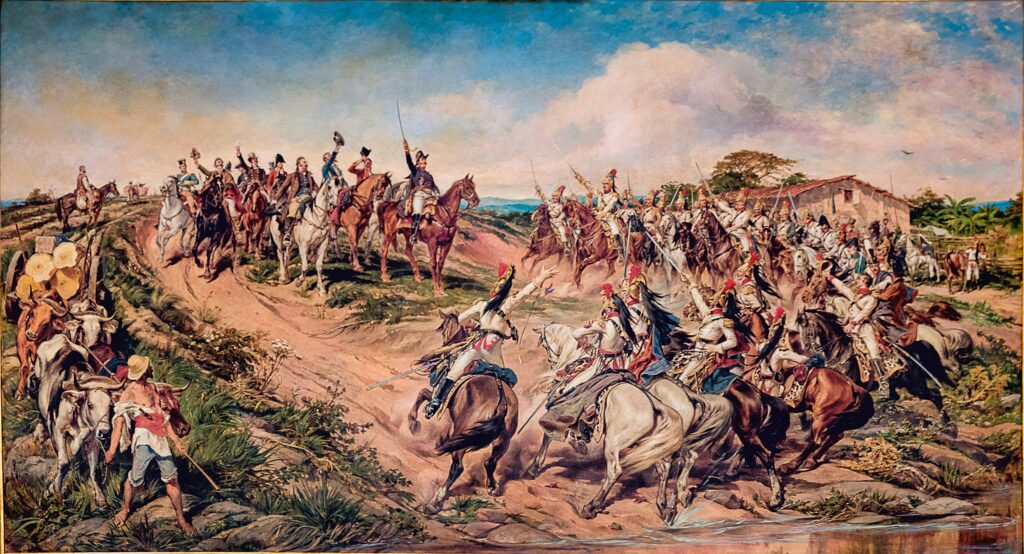
Discover how the independence of Brazil happened
The Independence of Brazil, which occurred on September 7, 1822, represents a fundamental moment in the country’s history. On that day, Prince Regent Dom Pedro I proclaimed Brazil as an independent nation from Portugal, marking the end of over three centuries of colonial rule and the beginning of a new
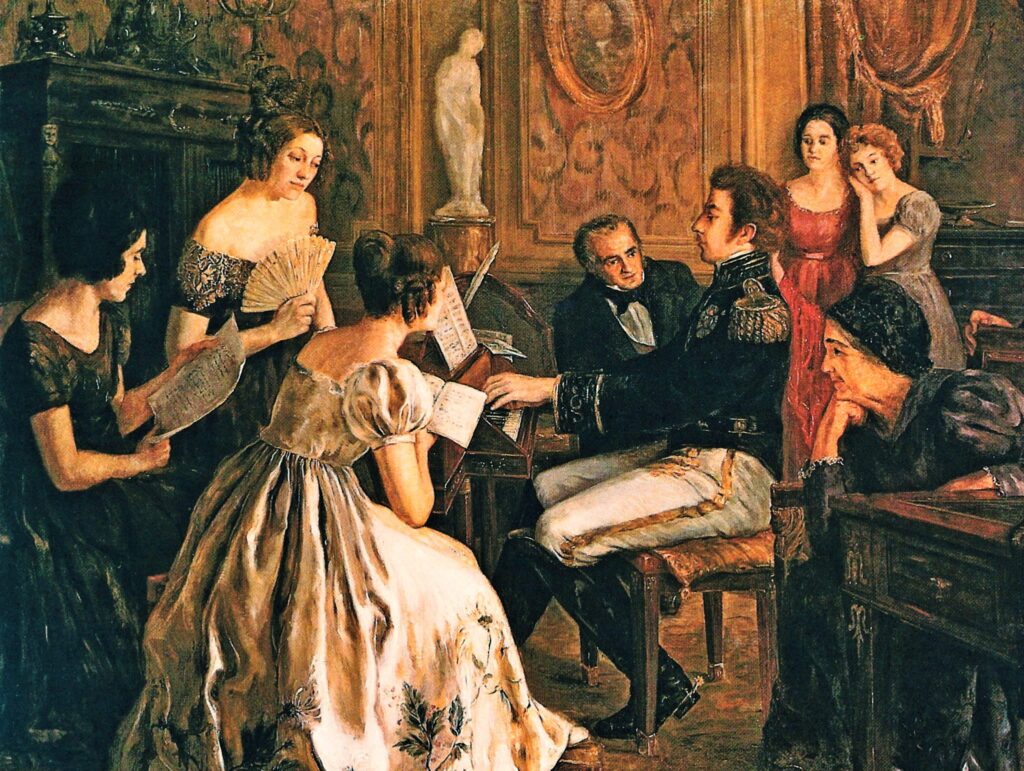
Dom Pedro I, the composing emperor
The First Emperor of Brazil, Dom Pedro I, had a highly refined musical education, as was customary among the Bragança family. Among his teachers were Marcos Portugal and Sigismund Neukomm. He played the bugle, flute, violin, bassoon, trombone, and harpsichord.
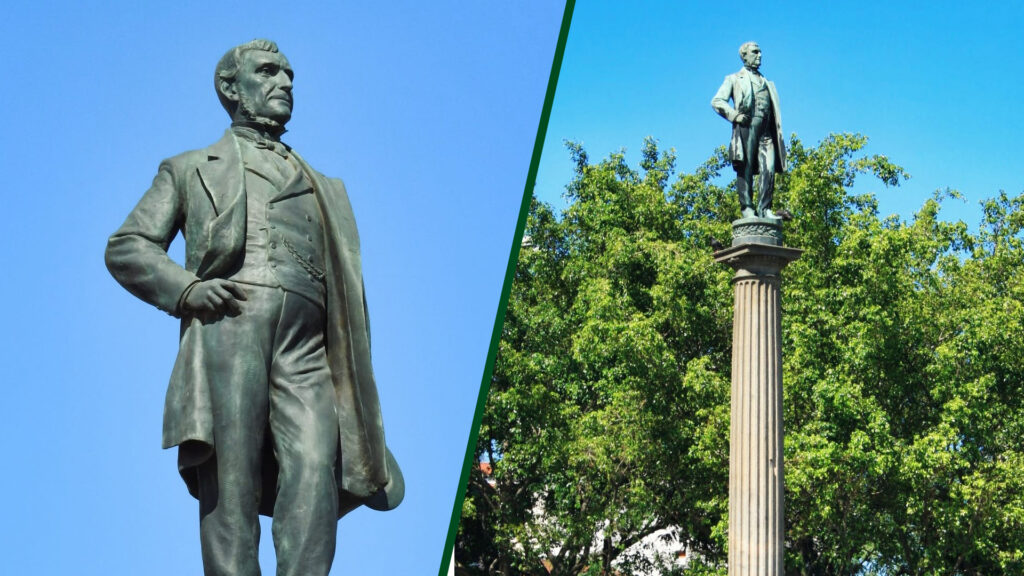
The Monument to the Viscount of Mauá in Rio de Janeiro City
Mauá Square marks the beginning of Avenida Rio Branco and also the Port of Rio de Janeiro, as the numbering of warehouses starts at the square. The center of the square is occupied by the statue of Irineu Evangelista de Sousa, the Baron/Viscount of Mauá, a pioneer in various areas
